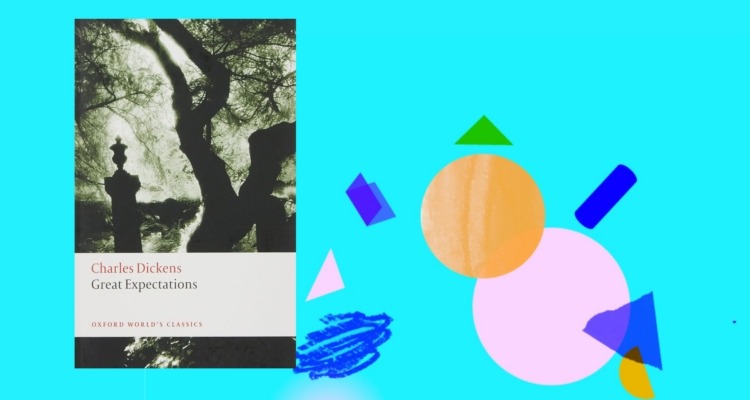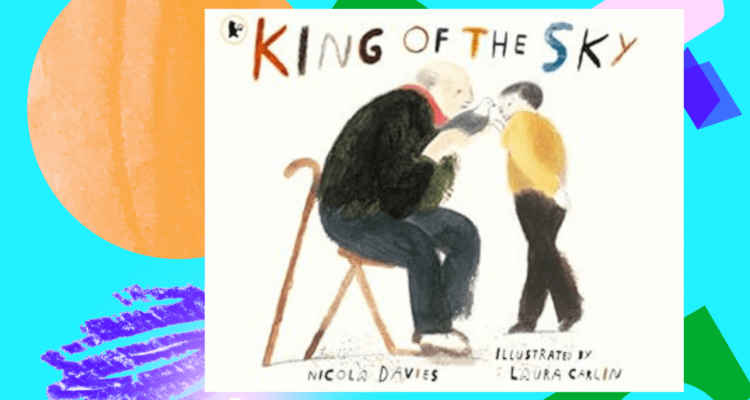From the Bookshelf: Selected Stories of Anton Chekhov
As part of our ongoing work around The Reader Bookshelf, we've asked staff to share their thoughts about some of the inspirational texts in the collection.
This month, Terri recounts her experience using some of Chekhov's short stories in her Shared Reading group, highlighting some of the key thoughts her group took away.
 Words by Terri
Words by Terri
Anton Chekhov (1860-1904) published 530 short stories before his premature death from tuberculosis at 44. With hundreds of his short stories collected online, one way to limit your choice is with a selection. The seventeen stories selected by Rosamund Bartlett in 'About Love' are described as 'elusive and subtle, spare and unadorned…among Chekhov's most poignant and lyrical.' I borrowed a set from the Calderstones library to share in my community reading group.
Our group had already read Chekhov's 'The Lady with the Little Dog'. Set in Yalta, a fashionable resort in Crimea, it tells how a serially unfaithful husband sets out to seduce a lonely young woman who has come for a rest from her disappointing marriage. Did we believe the unhappily happy ending? Not all of us believed an experience of true love transformed this philandering male. But it certainly led to a good discussion.
In 'On the Road', a man and woman meet in a traveller's room, where both are stranded on Christmas Eve due to a winter storm. The group admired Chekhov's description of the weather but took a firm dislike to the male character, Likharyov, who is travelling with his eight-year-old daughter. Likharyov regales Ilovaiskaya, an upper-class woman, with tales of his own fall into bankruptcy, speaking so long and loudly that his little daughter exclaims, 'He won't let me sleep with his talking'. Ilovaiskaya seems to find Likharyov's passionate nature rather attractive. Still, the group thought him a con artist that you would not want to meet in a lift, let alone an overnight waiting room.
Some later stories in the selection did not go down as well. Group numbers began to drop, and though the excuses were various, my co-leader and I wondered if the problem was Chekhov’s reputation as a serious and difficult author, which is not entirely fair. Some of his later stories, lacking an obvious narrative arc, easy moral or straightforward ending, did herald the modernist style, but there are others that the group found amusing.
In 'The Letter', an old village priest with a drinking problem is visiting his rather judgemental archdeacon. A junior deacon arrives. To his shame, the deacon's university-educated son, now living away, is eating meat during Lent and living with a married woman. The solution, according to the archdeacon, is a letter to the son, which the archdeacon dictates for him, in front of the fallen priest. The group enjoyed these characters' humour and found deeper issues to discuss. Are we, as parents, morally responsible for our children's waywardness? Would we prefer a simple faith rather than the difficulties of doubt? In the end, all three priests leave satisfied. The judgemental archdeacon is able to instruct others. The deacon adds a postscript to the letter that undoes all of the archdeacon's severity. The drunken priest manages to down four glasses of vodka.
Share
Related Articles

February’s Title Pick for Children: Trash by Andy Mulligan
Through our Bookshelf this year we are exploring the different places that people call home. From the very beginning…

February’s Title Pick for Adults: Great Expectations by Charles Dickens
Great Expectations by Charles Dickens The Reader’s staff and volunteers have been leading Shared Reading groups in many different…

January’s Title Pick for Children: King of the Sky by Nicola Davies
King of the Sky is a wonderful picture book, exploring ideas of belonging and dislocation. The illustrations are muted,…


